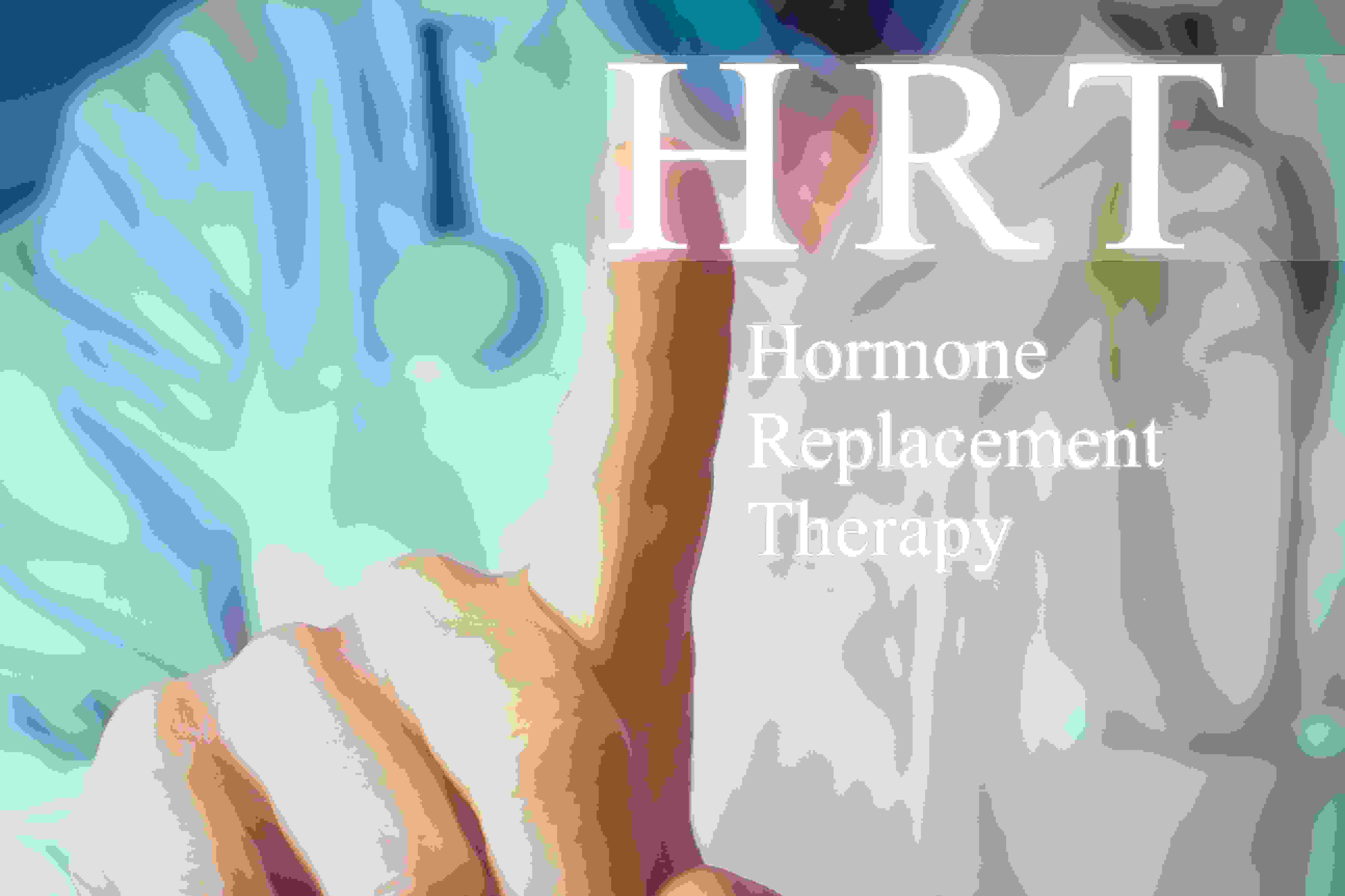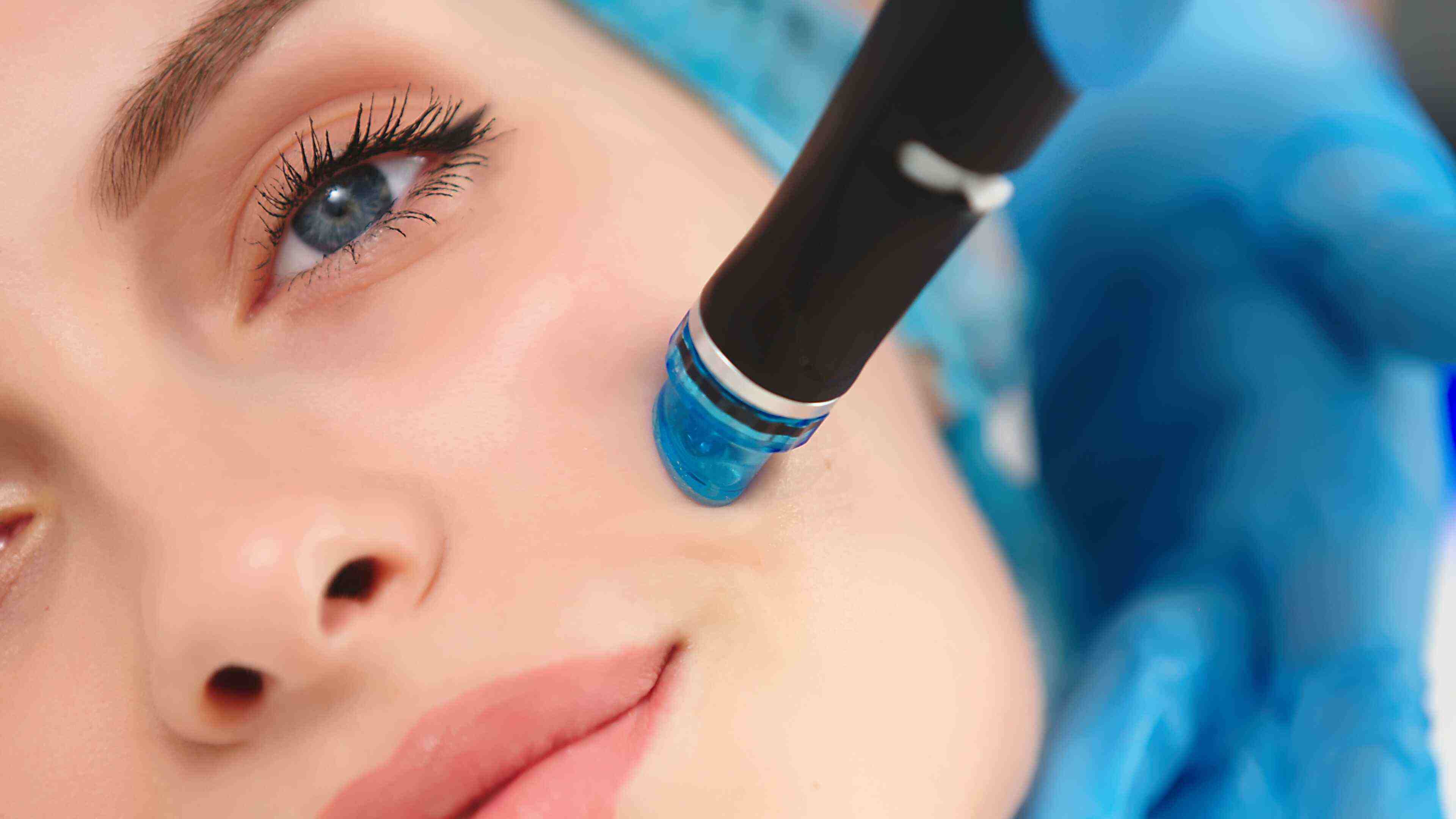Written By: Dr. Charles Nagy
Dr Charles Nagy is the first surgeon in the Middle East & the second globally, to be accredited & recognized by the SRC as a Master Surgeon in multidisciplinary Endometriosis care. He is associated with the European Association of Endoscopic Surgeons (EAES), the British Society for Gynaecological Imaging (BSGI), the British Fertility Society (BFS), British Society for Colposcopy & Cervical Pathology (BSCCP).
Updated On:January 26, 2025
Read more.

What is Hormone Replacement Therapy?
Your ovaries no longer generate significant amounts of estrogen and progesterone when you enter menopause. Uncomfortable symptoms may result from changes in these hormone levels. Among the typical signs of menopause are:
- Dry mouth, dry eyes, or dry skin
- Dryness of the vagina; pain during intercourse
- Insomnia or the inability to sleep
- Mild sadness, mood changes, or irritability
- Sweating at night and/or chilly flushes
- Urinary urgency: the need to urinate
- Warm flashes
Hormone replacement therapy increases hormone levels and alleviates some menopausal symptoms.
Types of Hormone Replacement Therapy
Hormone replacement therapy is primarily divided into two categories, which include estrogen therapy and Combination therapy.
- Taken alone, estrogen is used in estrogen therapy. The most common estrogen dosage that doctors recommend is a modest dose to be used daily as a patch or tablet. Estrogen may also be administered as a cream, vaginal ring, gel, or spray. To ease menopausal symptoms and/or prevent osteoporosis, you should take the smallest amount of estrogen necessary.
- The use of the hormones estrogen, progesterone, and progestin (EPT): This type of therapy—also known as a combination therapy—incorporates progesterone (or progestin, a synthetic version of progesterone) dosages with estrogen doses.
Benefits of Hormone Replacement Therapy
There are several benefits of hormone replacement treatment for your health. These top five advantages are as follows:
1. Increases bone health
When you reach menopause, osteoporosis poses a serious concern. Your bone health depends on the hormone estrogen. You can prevent osteoporosis by maintaining bone density with hormone replacement treatment.
2. Reduces the symptoms of menopause
The symptoms of menopause are hot flashes, nocturnal sweats, and trouble sleeping. Your routine activities are hampered by these symptoms, which range from moderate to severe. Many of the unpleasant symptoms of menopause are finally eliminated when you receive hormone replacement treatment because your levels of estrogen and progesterone are controlled.
3. Boosts sex desire
Both males and females undergo a significant reduction in their sexual drive as they get older. Nevertheless, women also encounter vaginal dryness due to menopause, which diminishes the attractiveness of sexual activity. Hormone replacement therapy helps to bring back your reproductive hormone levels, enhancing vaginal dryness and revitalizing your sexual urge.
4. Improves your mood
Your hormones play a crucial role in regulating various bodily functions, including your emotional state. The decline in estrogen and progesterone that accompanies aging can lead to feelings of sadness or mood changes. You may achieve hormonal equilibrium in your body by using hormone replacement therapy. This might considerably elevate your mood and lessen depression's symptoms.
5. Assists in weight management
The stages leading to menopause can result in notable fluctuations in weight. While it's a natural part of aging, it does complicate the efforts to lose weight significantly. Hormone replacement therapy addresses the hormonal factors contributing to weight gain, although it's not a magical solution for weight loss. Managing or shedding weight becomes notably more challenging when hormones are involved. Hormone replacement therapy might offer the potential to facilitate weight loss and establish a more consistent exercise routine, ultimately benefiting your overall health.
Risks of Hormone Replacement Therapy
Studies have shown that using an estrogen-progestin tablet as part of hormone replacement treatment increases the chance of developing a number of significant illnesses, such as:
- Heart condition
- Stroke
- Clots of blood
- Mammary cancer
According to subsequent studies, these risks can differ based on:
- Age. The risk of the aforementioned diseases is higher in women who start hormone treatment at age 60 or older or more than 10 years after the onset of menopause. However, the advantages seem to exceed the hazards if hormone treatment is started before the age of 60 or within 10 years following menopause.
- Hormone treatment type. The hazards of hormone treatment change based on the estrogen dose and type, whether it is administered alone or in combination with progestin, and other factors.
- Health background. If hormone replacement treatment is right for you, it will depend on your particular medical history, family history, and risk factors for cancer, heart disease, stroke, blood clots, liver disease, and osteoporosis.
You and your doctor should think about each of these concerns before choosing if hormone treatment is a viable choice for you.
In general, hormone treatment (HT) is not advised if you:
- have or had endometrial or breast cancer
- experience unusual vaginal bleeding
- are at high risk for blood clots or have had one
- having a higher risk of vascular disease due to a history of a heart attack, stroke, or both
- are pregnant
- have a liver condition
Duration of Hormone Replacement Therapy
The duration of hormone treatment is generally unrestricted. Take the smallest amount of hormone therapy that is effective for you, and keep up with regular check-ups with your doctor to reassess your treatment strategy annually. Consult your doctor to determine whether it's still safe for you to continue using hormone therapy, especially if you have a new medical problem while taking it.
References
Barrett-Connor, E., & Grady, D. (1998). Hormone replacement therapy, heart disease, and other considerations. Annual review of public health, 19(1), 55-72.
Hickey, M., Elliott, J., & Davison, S. L. (2012). Hormone replacement therapy. Bmj, 344.
Langer, R. D., Hodis, H. N., Lobo, R. A., & Allison, M. A. (2021). Hormone replacement therapy–where are we now?. Climacteric, 24(1), 3-10.
Lobo, R. A. (2017). Hormone-replacement therapy: current thinking. Nature Reviews Endocrinology, 13(4), 220-231.
Nelson, H. D., Humphrey, L. L., Nygren, P., Teutsch, S. M., & Allan, J. D. (2002). Postmenopausal hormone replacement therapy: scientific review. Jama, 288(7), 872-881.
Meet our doctors from the Obstetrics & Gynaecology department
|
||||||||
|
||||||||
|
||||||||
|
||||||||
|
||||||||
|
||||||||
|
||||||||
|
||||||||
|
||||||||
|
||||||||
|
||||||||
|
||||||||
|
||||||||
|
||||||||
|
||||||||
|
||||||||
|
||||||||
|
||||||||
|
||||||||
|
||||||||
|
||||||||
|
||||||||
|
||||||||
|
||||||||
|
||||||||
|
||||||||
|
||||||||
|
||||||||
|
||||||||
|
||||||||
|
||||||||
|
||||||||
|
||||||||
|
||||||||
|
||||||||
|
||||||||
|
||||||||
|
||||||||
|
||||||||
|
||||||||
|
||||||||
|
||||||||
|
||||||||
|
||||||||
|
||||||||
|
||||||||
|
||||||||
|
||||||||
|
||||||||
|
||||||||
|
||||||||
|
||||||||
|
||||||||
|
||||||||
|
||||||||
|
||||||||
|
||||||||
|
||||||||
|
||||||||
|
||||||||
|
||||||||
|
||||||||
|
||||||||
|
||||||||
|
||||||||
|
||||||||
Similar Posts
teleMEDCARE App
Download teleMEDCARE app from Google Play or App Store to connect immediately to Medcare doctors at a click of a button and without an appointment.

Home Services
We offer our patients a broad range of home health care services in the comfort of their own homes. Book an appointment for lab tests, vaccinations, nurses and physiotherapists.

Chronic Care
Know more about our Chronic Care Management Programme in partnership with Damana Saicohealth.

teleMEDCARE App mobile
Download teleMEDCARE app from Google Play or App Store to connect immediately to Medcare doctors at a click of a button and without an appointment.

Home Services
We offer our patients a broad range of home health care services in the comfort of their own homes. Book an appointment for lab tests, vaccinations, nurses and physiotherapists.

Spotii
We have partnered with Spotii to offer a more flexible way to pay - Pay over time for your purchase. No interest, no cost & no catch.









































































